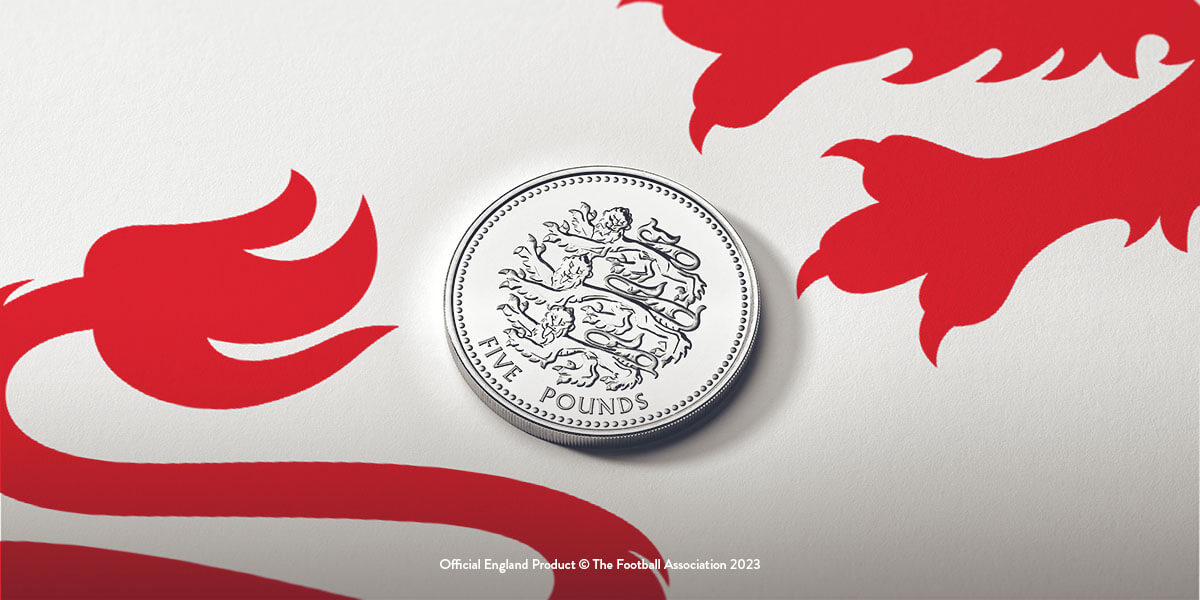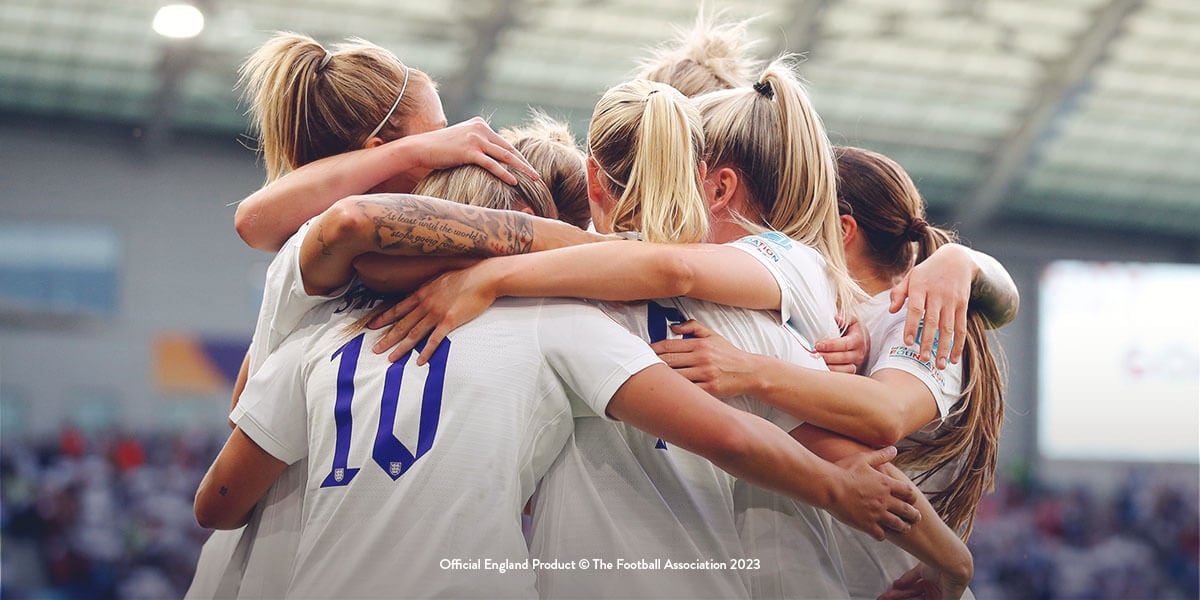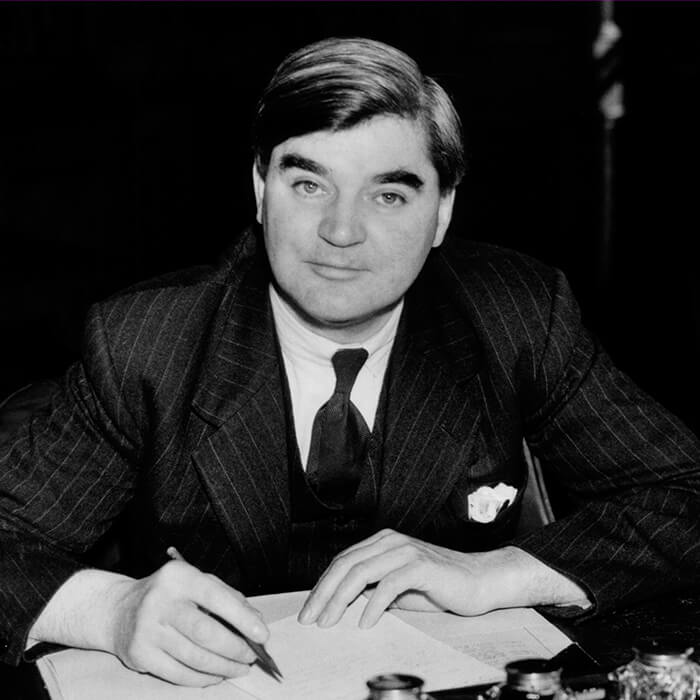
Riding a wave of momentum unlike any other throughout the team’s illustrious history, the England women’s football team have arguably never been more popular. Over the last few years, the Lionesses have gone from strength to strength, racking up some of the most incredible victories in the team’s history. However, the profile of the team hasn’t always been this way and the mainstream exposure and widespread popularity that the squad now enjoys have been a work in progress spanning more than a century.
Pitting England against Scotland, the first international women’s football match on record took place on 9 May 1881 at Edinburgh’s Hibernian Park. The match reportedly attracted 2,000 fans and saw Scotland emerge victorious with three goals to nil. Part of a series of games, several similar matches took place over the next few weeks, many of which ended with riots. Following this succession of England/Scotland exhibition matches, the women’s game subsequently faded into the background.
Fortunately, women’s football made an emphatic return in 1895 with a match at London’s Crouch End. The game, instigated by the British Ladies’ Football Club and founding member Nettie Honeyball, saw North versus South in a friendly that attracted an impressive 10,000 spectators. That encounter was eventually won by the North with seven goals to one. Sadly, the women’s game was treated more like a curiosity than a legitimate sport at the time and, as a result, its popularity waned following the initial interest in the spectacle.

The women’s game continued its stop-start evolution throughout the early twentieth century, notably highlighted by the emergence of Dick Kerr’s Ladies FC, who became the first recorded women’s team to play internationally against their French counterparts in France as part of a wider four-match series won by the visitors. That same team also made history when they achieved a record attendance that stood unbroken for 98 years, with a capacity crowd of 53,000 fans who watched them play against St Helens Ladies at Liverpool’s Goodison Park on 27 December 1920.
Despite holding such promise, the momentum of the women’s game in the United Kingdom ground to a halt on 5 December 1921 when The FA formally banned women from competing in their grounds and using their training facilities. As a result, the women’s game once again faded into the background. Incredibly, it was another 50 years until the ban was lifted and the first official women’s international game took place between England and Scotland on 18 November 1972 at Ravenscraig Stadium in Greenock, Scotland. The game saw England’s women return to the international game victorious, defeating Scotland 3–2.
Since its official launch in 1972, the profile of the England women’s team has grown exponentially. In 1984, the Lionesses reached the final of the inaugural Women’s European Championship, before ultimately losing out to Sweden. Since then, the team has been a force to be reckoned with on the global stage, reaching the quarter-finals of the world competition in 1995, 2007 and 2011, with the likes of Faye White, Kelly Smith and Fara Williams leading the charge. Building on that success, they also finished in third place in 2015 and fourth place in 2019, captained by Lioness legend Steph Houghton on both occasions.

Heading into the European Championship in the summer of 2022, the squad were firing on all cylinders with an impressive international résumé, including a record 20–0 victory over Latvia in 2021. With the hopes of a nation on their backs, the team were viewed as genuine championship contenders heading into the tournament. Securing the European trophy, they made good on that potential with their landmark 2–1 victory over Germany in the Women’s 2022 final.
Since then, women’s football has enjoyed a period of unprecedented popularity, with the class of 2022 placed in the same rarefied air as England’s male legends of 1966. Four members of the winning team were recognised in the 2022 New Year Honours List, with captain Leah Williamson receiving an OBE. Similarly, her teammates Lucy Bronze, Ellen White and Beth Mead received MBEs, joining the likes of Sheila Parker, who captained England in the first women’s international in 1972, receiving an MBE of her own in 2021. Meanwhile, the Lionesses’ Dutch head coach Sarina Wiegman also received a CBE as part of the Overseas and International Honours List.
Providing millions of youngsters across the UK with female role models, the Lionesses’ success has helped propel women’s football further into the mainstream spotlight and boost female participation figures as a result. What’s more, it has also helped shine a well-deserved light on the legends of yesteryear - from Rachel Yankey, icon of the 2000s, to stalwarts of the 1980s and 1990s like Gillian Coultard and Marieanne Spacey - providing some much-deserved praise to those that paved the way.
Today, women’s football is well and truly back in business, and for England, business is undoubtedly booming. The eyes of a nation will be watching closely every step of the way as the next stage of the journey unfolds.
The Pride of the Nation 2023 UK £5 Coin
Celebrate the incredible rise of the England women’s football team with a special Pride of England coin dedicated to the Lionesses.

Related Articles

THE HISTORY OF THE NHS
Discover the NHS

